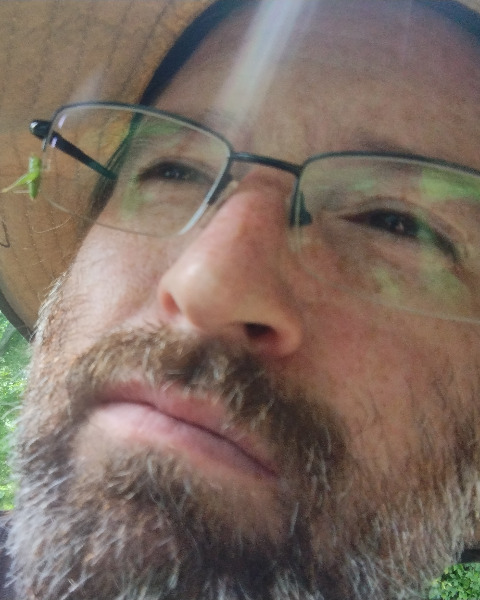Member Symposium
Insects as Food, Feed, and Fertilizer: Engaging and Training the Next Generation of Scientists
Fomenting scientific inquiry around mycotoxins in insect supported circular economies
Sunday, November 10, 2024
3:40 PM - 4:00 PM MST
Location: Phoenix Convention Center, 127 B, PCC

Ryan T. Paulk
Biological Science Technician
USDA-ARS
Greenville, Mississippi
Presenting Author(s)
Providing opportunities for experience outside of defined duties and appointments allows for collaboration and novel scientific inquiries to flourish. The access to multiple scientists from diverse fields at the Biological Control of Pests Research Unit (BCPRU) in Stoneville, Mississippi has engendered a research environment that invites innovative investigations and cultivates a holistic approach to solving complex agricultural and sustainability issues. By volunteering in adjacent laboratories to analyze fumonisins, a general question regarding the ecological function of mycotoxins in a multitrophic framework was encountered and transformed from an Integrated Pest Management application to a waste-reducing sustainability solution for a circular economy. Additional partnerships with academic institutions has provided pathways towards essential credentialing and degrees produced formal research proposals and collaborations. The results of the inquiry into the remediation potential of Acheta domesticus and Tenebrio molitor for fumonisin B1-contaminated grains is presented here as the framework for a developing new scientist.

.png)
